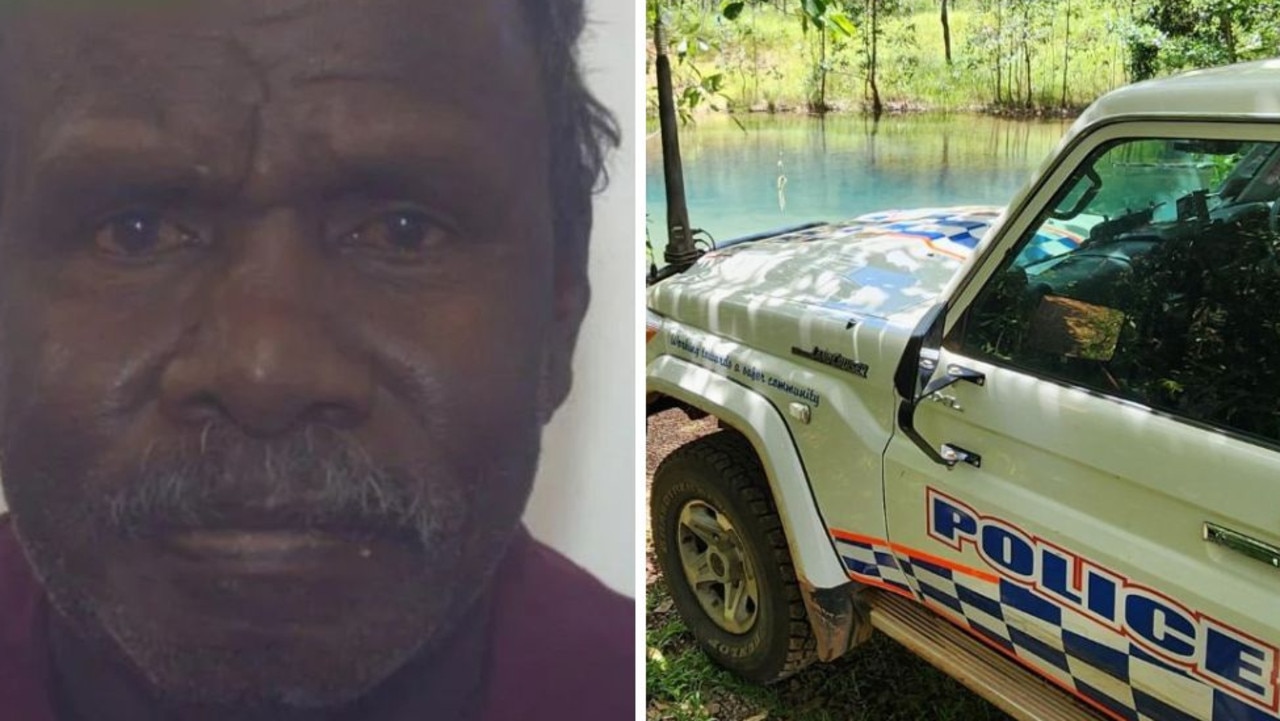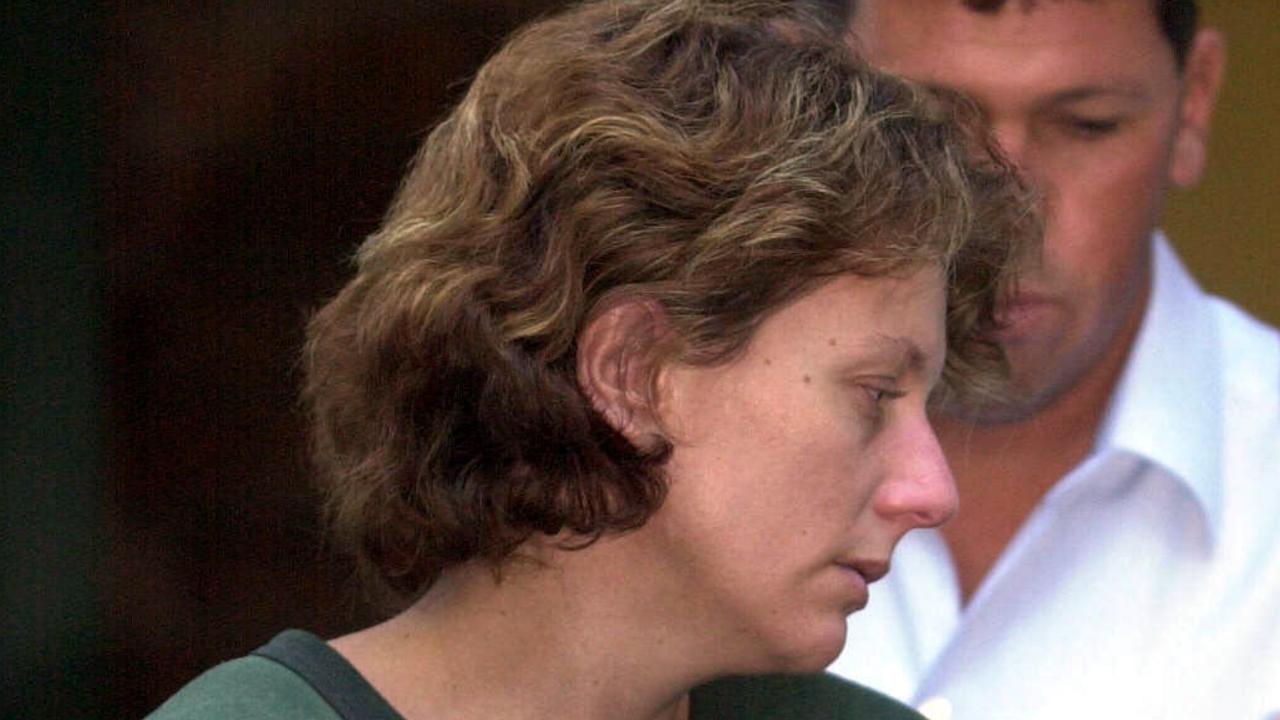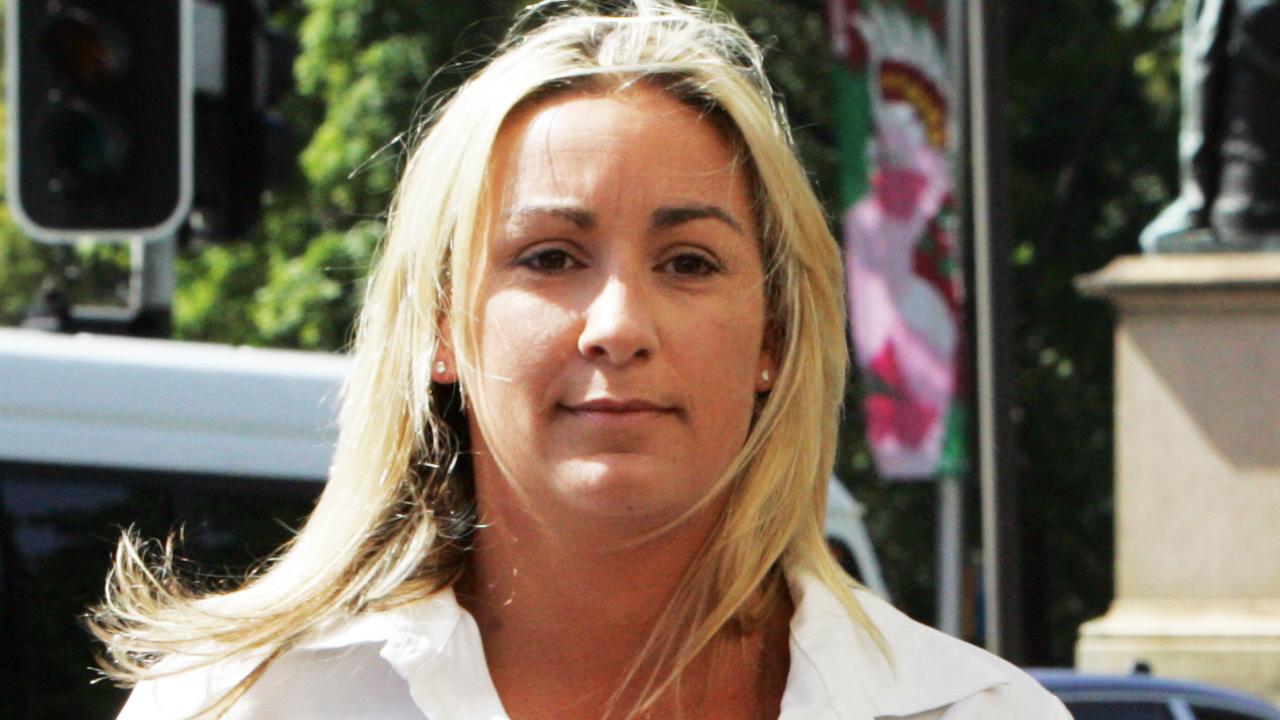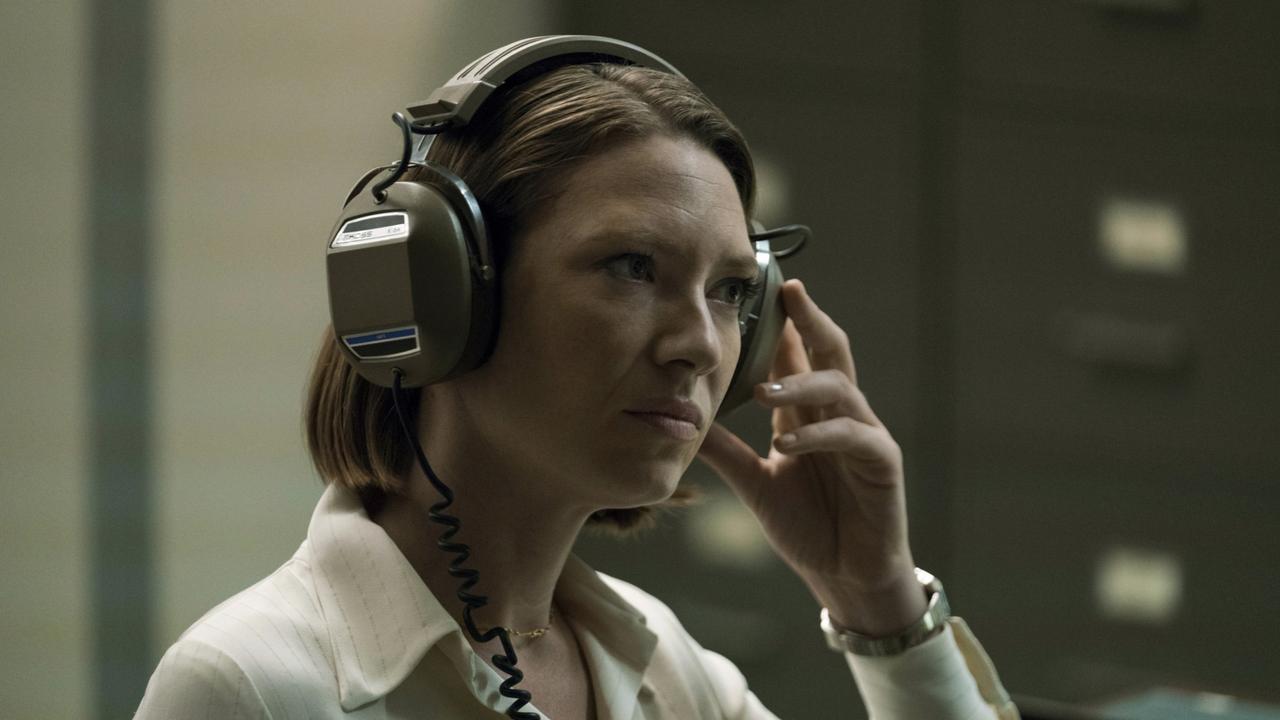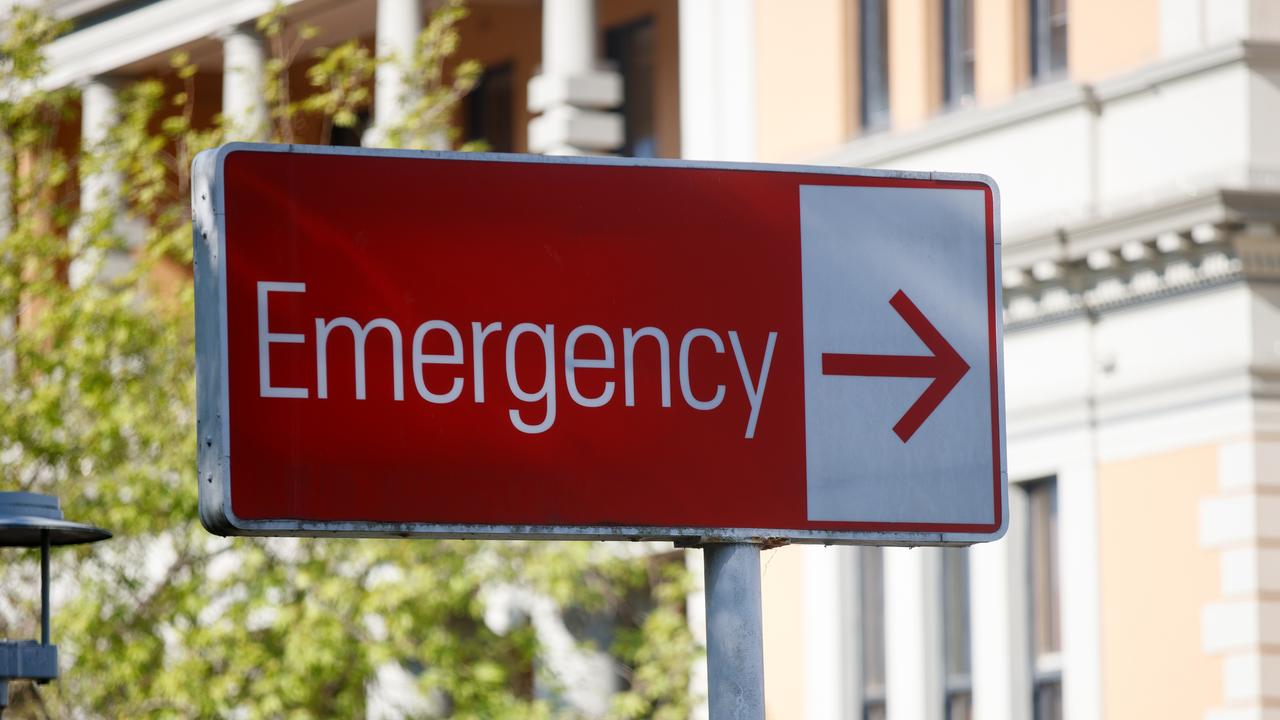Price of a life: Australians wait two years longer for breakthrough medicines than US citizens
Australians are waiting two years longer to access new lifesaving subsidised medicines because of pharma giants. This is the shocking reason Aussie patients are prevented from having them.

National
Don't miss out on the headlines from National. Followed categories will be added to My News.
Exclusive: Patients are waiting longer to access subsidies for breakthrough new medicines because the life of an Australian is priced at just one third the value of a US citizen.
Pharmaceutical companies are delaying launching new medicines in Australia because they get paid more for the drugs overseas.
And when they apply for a medicine subsidy here it takes months, and sometimes years, longer before they are reimbursed.
“For every 10 therapies approved in the US only four make it onto the Pharmaceutical Benefits Scheme (PBS) – and even then, it takes at least two years for them to get here,” Rare Cancer chairman Richard Vines said.
Australian cancer patients were collectively spending in excess of $200 million each year of their own money on therapies that had not yet made it onto the PBS, he said.

Experts who study drug subsidy outcomes say Australian health authorities value a year of a person’s life at $50,000-$75,000 — a third the price of a US life which is valued at $150,000- $225,000.
If a treatment costs less than this benchmark it is more likely to be paid for by the government. If it costs more, it is less likely to be subsidised.
In Japan, health authorities consider a life to be worth $76,000-$168,000. In the UK, a life is valued at $55,000-$93,000 and for highly specialised treatments it can be up to $560,000. In the Netherlands, its $36,000-$143,000.
Before the Australian government funds new medicines they have to be assessed as cost effective by the Pharmaceutical Benefits Advisory Committee (PBAC).
One of the tools this body uses to determine whether a drug should be funded is the price of a year of healthy life, or Quality Adjusted Life Year (QALY), that is gained by using the medicine.
By checking the price of drugs the PBAC has approved and those it has rejected, experts consider the price of a QALY, or year of healthy life, in Australia to be between $50,000 and $75,000.
The Department of Health said it did not rely on a set price for a QALY.
“Unlike other international jurisdictions, the PBAC does not have a set cost per QALY gained,” the Department of Health said.
It considers the severity of the medical condition treated, the magnitude of the health gained when using the treatment, the financial implications for the PBS and whether there are alternative treatments.
The Department said the PBAC had recently approved a medication for cancer of the digestive system which had a QALY of $95,000 to $115,000.
Last week it approved a high cost therapy for cystic fibrosis for young children.
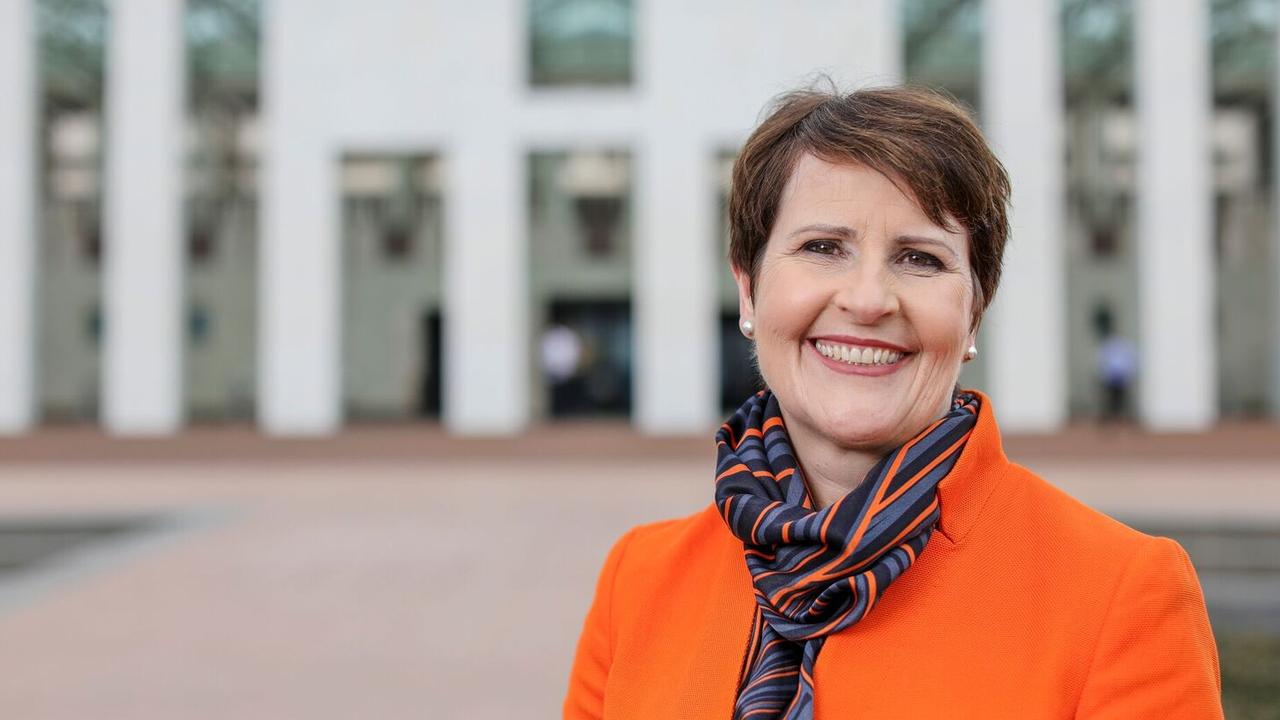
“Our analysis of the PBAC thresholds for using value of life years shows it hasn’t changed since it was introduced in the early 2000s,” Medicines Australia CEO Liz de Somer said.
“The value attributed to a person’s life in the Australian health system is a lot less than other parts of the Australian government, and is often lower compared to the values used in other comparable countries,” Sydney University adjunct professor Brendan Shaw, who previously headed Medicines Australia, said.
A Medicines Australia report found the average time it takes for an innovative medicine to go from registration to being subsidised in Australia is 391 days.
On average, more than 60 per cent of medicines in countries including Germany, France, Japan, and the UK are reimbursed within six months, compared to only 22 per cent of medicines in Australia.
Medicine and cancer bodies are lobbying the government to change how we assess the value of a life and widen it to include savings to the tax and welfare system that a life saving medicine can provide.
The government is currently running a review of our Health Technology Assessment process, consumer and industry groups hope the system will be changed to value a life higher and take into account the value of a drug keeping someone well enough to work and parent.
NICK’S CANCER FIGHT WITH FEW FUNDS
Nick Ribbe was told he might survive for just three months in 2021 but now he is married and eagerly awaiting the birth of his twins in July thanks to breakthrough medication not funded by the government.
The 32 year old was diagnosed with an extremely rare liver cancer Advanced Fibrolamellar Carcinoma, with no real treatment protocol and a very poor prognosis.
His treatment, an immunotherapy called Nivolumab, is not government funded for his condition and costs tens of thousands of dollars a year.
Nick, who works in the transport industry, had to set up a charitable donation page to raise $100,000 for his care and his treating and support team had to fight for him to access Nivolumab through a Compassionate Access Scheme.

“I was initially told that the access scheme was closed and that I wouldn’t be able to get the drug, but fortunately a place in the program became available to me,” he said.
“Without it, I’m not quite sure how I would have been able to pay, particularly when you think that scans and other medicines and everything just really adds up from a financial point of view,” he said.
“I guess the formal evaluation of human life isn’t valued the same here as it is in other countries. And I think if changing that, or debating that would mean that it enables people to get better access to medicine and then that would be worthwhile and valuable.”
Medicines Australia and Rare Cancers Australia are working on a new Medicines Access Portal that will be a central point for doctors to look up compassionate cancer treatment programs in one place. Five hundred clinicians are now using the portal.
More Coverage
Originally published as Price of a life: Australians wait two years longer for breakthrough medicines than US citizens




